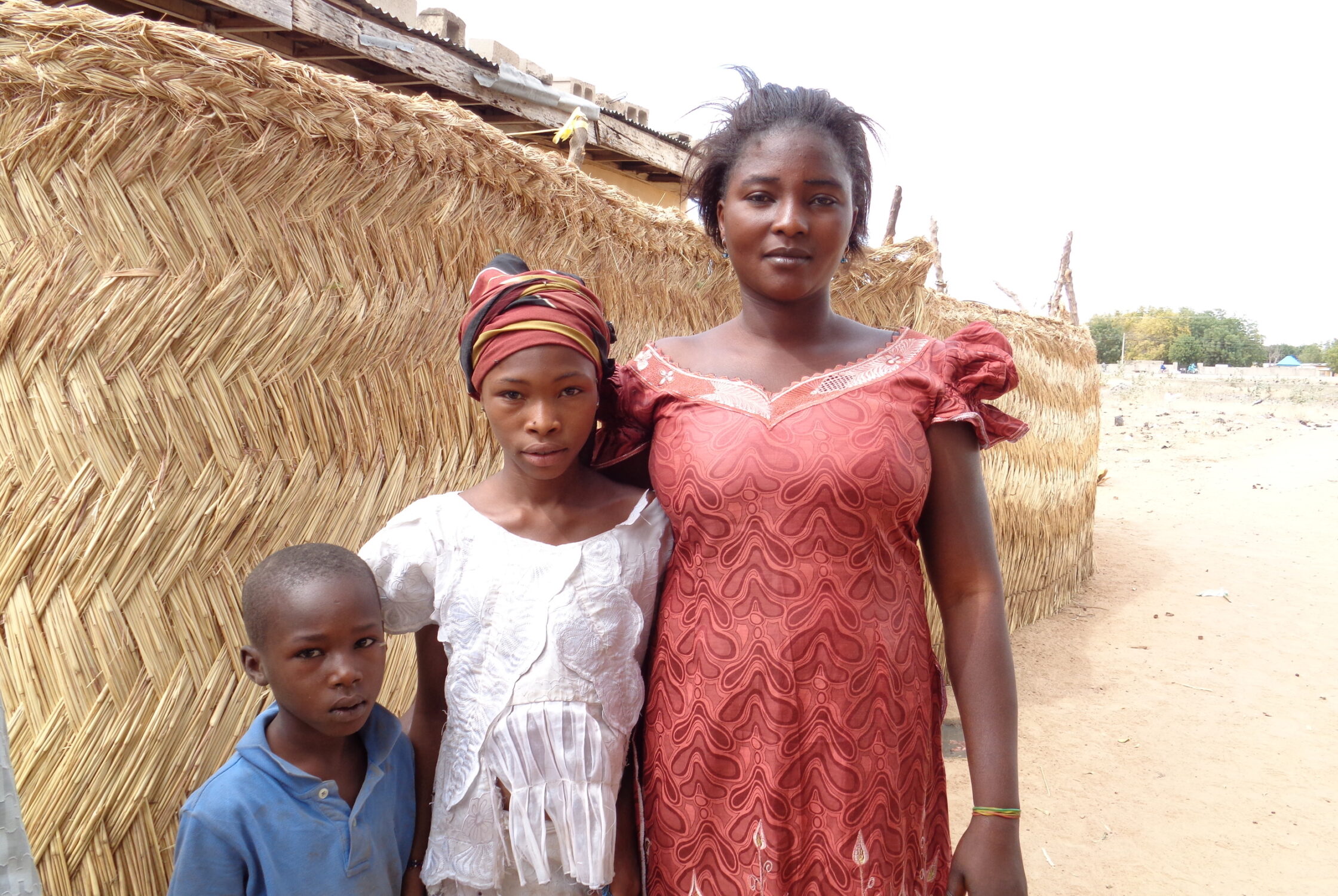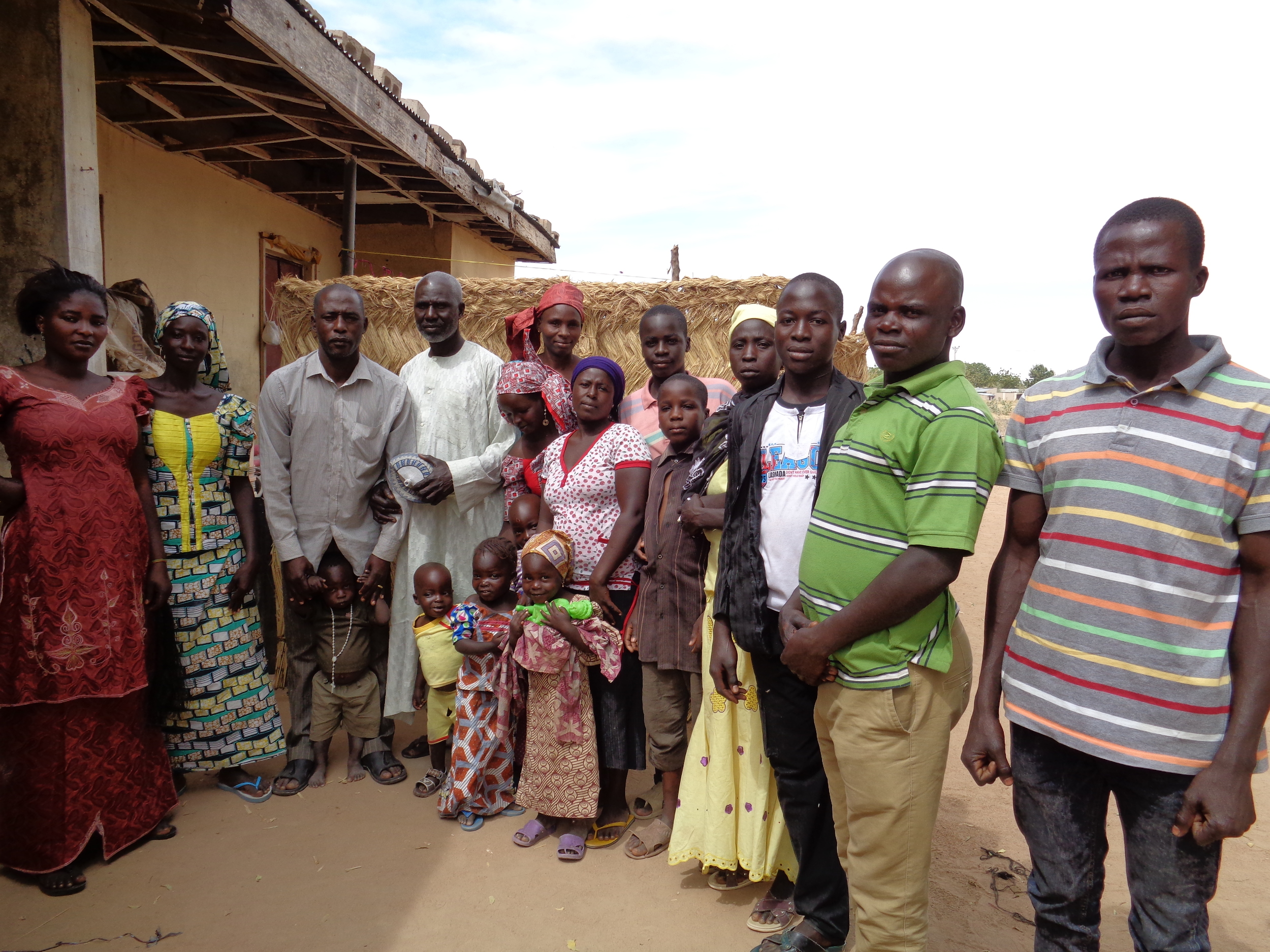Nigeria’s Displaced Women and Girls: Humanitarian Community at Odds, Boko Haram’s Survivors Forsaken

It has been two years since the world’s deadliest terrorist organization – Boko Haram – abducted 271 girls from their high school in the town of Chibok – a tragedy that would shine much needed international attention on conflict in northeastern Nigeria.
Sadly, the Chibok girls are only one part of a much larger story of violence against women and girls in the northeast. But the attention on this remote corner of the Sahel has not translated into sustained humanitarian assistance for all those that have been affected. Humanitarian stakeholders are under tremendous strain due to the enormity of the emergency, conflicts between aid agencies, limited resources, and an ineffective partner in the Nigerian state. As a result, the needs of all those whom the Chibok girls symbolize – thousands upon thousands who have suffered gender-based violence at Boko Haram’s hands – are being unaddressed. Moreover, the lackluster humanitarian response is placing women and girls affected by Boko Haram at further risk of gender-based violence.

“Nigeria is our biggest failure.”
Senior United Nations humanitarian official, New York
“I saw a girl of 11 live through an attempted rape. That is when I decided to abandon the camp. I feared for my children.”
displaced woman, maiduguri
Recommendations:
- The Nigerian government and the Nigerian Red Cross should work with international organizations to carry out a missing persons registration exercise and facilitate family tracing and reunification for those fleeing or rescued from Boko Haram.
- With the support of the Humanitarian Country Team (HCT), the Protection Sector Working Group (PSWG) and Gender-Based Violence (GBV) sub-working group must prioritize the establishment of a formal referral mechanism between Nigerian authorities and humanitarian organizations so that displaced women and girls can access GBV screening and services.
- Donors and humanitarians must significantly increase investments in GBV-specific prevention and response programs.
- The GBV Area of Responsibility should deploy personnel to train all sector working groups on the new Inter-Agency Standing Committee (IASC) Guidelines for Integrating Gender-Based Violence Interventions in Humanitarian Action and assist in developing an action plan to integrate gender considerations into their work.
- The United Nations Population Fund (UNFPA) must appoint a full-time coordinator to the GBV working group in Maiduguri.
- The PSWG should establish a Mental Health and Psychosocial sub-working group, and hold all organizations implementing psychosocial programming accountable to the IASC Guidelines on Mental Health and Psychosocial Support in Emergency Settings.
- The Nigerian government and international donors should dramatically increase its food security assistance portfolio for internally displaced persons (IDPs) in the northeast.
- The Global Camp Coordination and Camp Management Cluster (CCCM) should deploy technical assistance to work with the National and State Emergency Management Agencies (NEMA and SEMA, respectively) on developing camp management standards and procedures that ensure timely and equitable delivery of food and non-food items.
- The Food Security Sector Working Group (FSWG) and the PSWG should work jointly to integrate protection into food security assessments and program planning.
- Donors should hold humanitarian agencies accountable for integrating protection into all food security programming.
- The UN Office for the Coordination Humanitarian Affairs (OCHA) secretariat should deploy a team to facilitate a retreat for the HCT to formulate joint strategies around advocacy and government engagement, fundraising, and information management and analysis.
- With support from the Inter-Sector Working Group, the HCT must develop a clear and robust stand-alone advocacy strategy targeting Nigerian authorities.
- Humanitarian organizations should engage with the diplomatic/donor community as an ally, and the diplomatic/donor community must continue to use its leverage to assist the humanitarian community in fulfilling its protection and assistance mandate, with the full cooperation of the Nigerian authorities.
- The IASC Principals must hold the HCT and sector working group leads accountable to the standards set forth in the IASC Reference Module for Cluster Coordination at Country Level for the sector working groups.
Francisca Vigaud-Walsh traveled to Nigeria in February 2016 to assess the needs of displaced women and girls.